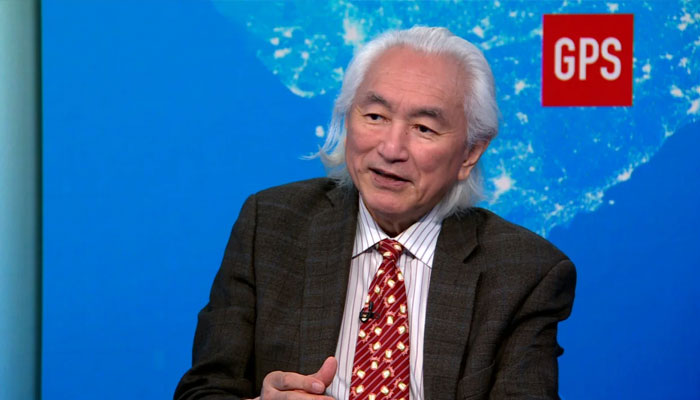Theoretical physicist labels artificial intelligence chatbots as 'glorified tape recorders'
Kaku emphasized the potential of quantum computing to revolutionize healthcare
August 14, 2023

Renowned theoretical physicist Michio Kaku has dismissed concerns surrounding new AI technology calling it a "glorified tape recorder."
In an interview, Kaku shared his perspective that chatbots, such as OpenAI's ChatGPT, hold the potential to benefit society and enhance productivity.
Kaku emphasized that the fear-driven perception stems from chatbots' ability to curate content from the web, compiling snippets created by humans and presenting them in a manner that might be misconstrued as original creations.
He noted that this phenomenon has led to people perceiving chatbots as astonishingly human-like in their outputs, although he pointed out that chatbots lack the ability to distinguish between true and false information without human input.
The physicist outlined the stages of computer evolution, asserting that humanity has transitioned through two stages. The first involved analogue computation using rudimentary tools like sticks, stones, and mechanical devices. The second phase, initiated around World War II, was characterized by the advent of electricity-powered transistors, paving the way for microchip development and the current digital landscape.
Kaku posited that the upcoming phase will be marked by quantum computing. Quantum computing harnesses the varied states of subatomic particles, like electrons, to dramatically enhance computational capabilities. Unlike traditional binary systems relying on zeros and ones, quantum computers utilize the complex states of particles, enabling swift problem-solving and analysis.
Prominent tech companies like IBM, Microsoft, Google, and Amazon are actively exploring quantum computing, granting access to their technology through cloud platforms. This innovation holds promise for diverse applications, including risk assessment, supply chain management, and machine learning.
Beyond business, Kaku emphasized the potential of quantum computing to revolutionize healthcare. Diseases like cancer, Parkinson's, and Alzheimer's operate at the molecular level, posing significant challenges for traditional computational systems. Quantum computing's ability to decipher the intricate language of nature at the molecular and quantum electron levels could potentially yield breakthroughs in treating these complex diseases.
Michio Kaku's insights underscore the potential of AI and quantum computing to reshape industries and drive scientific advancements while challenging prevailing concerns over the negative impacts of new technologies.









